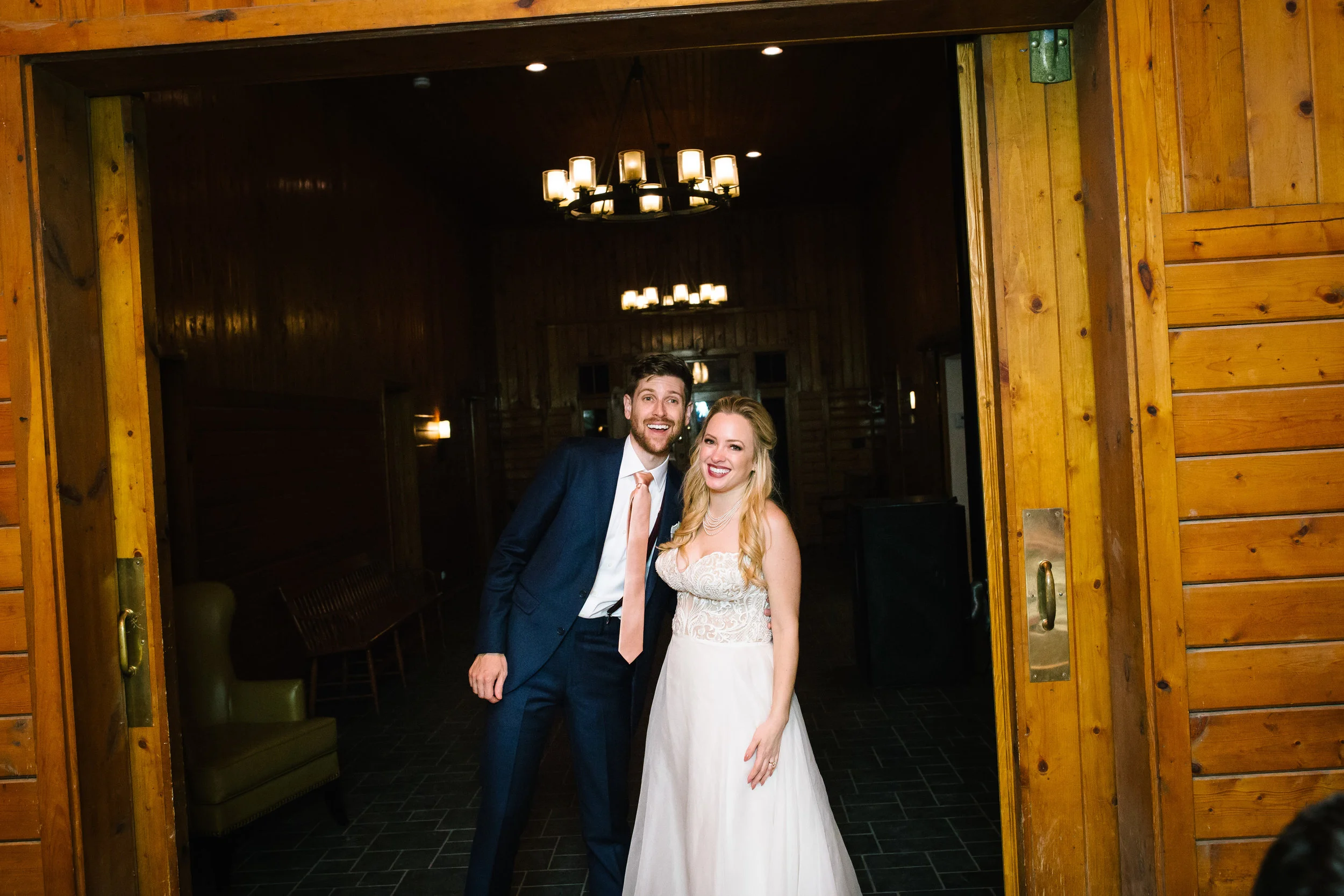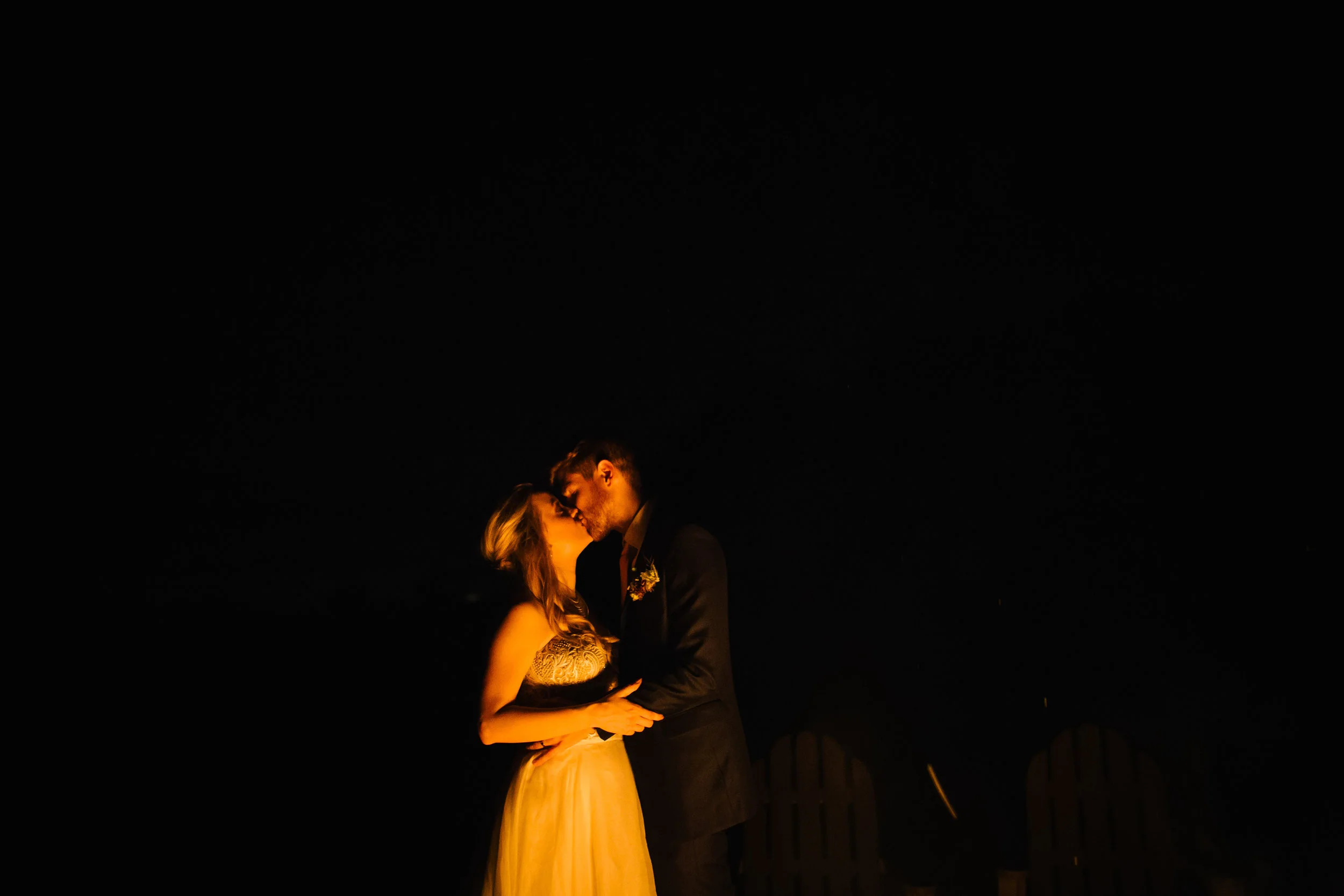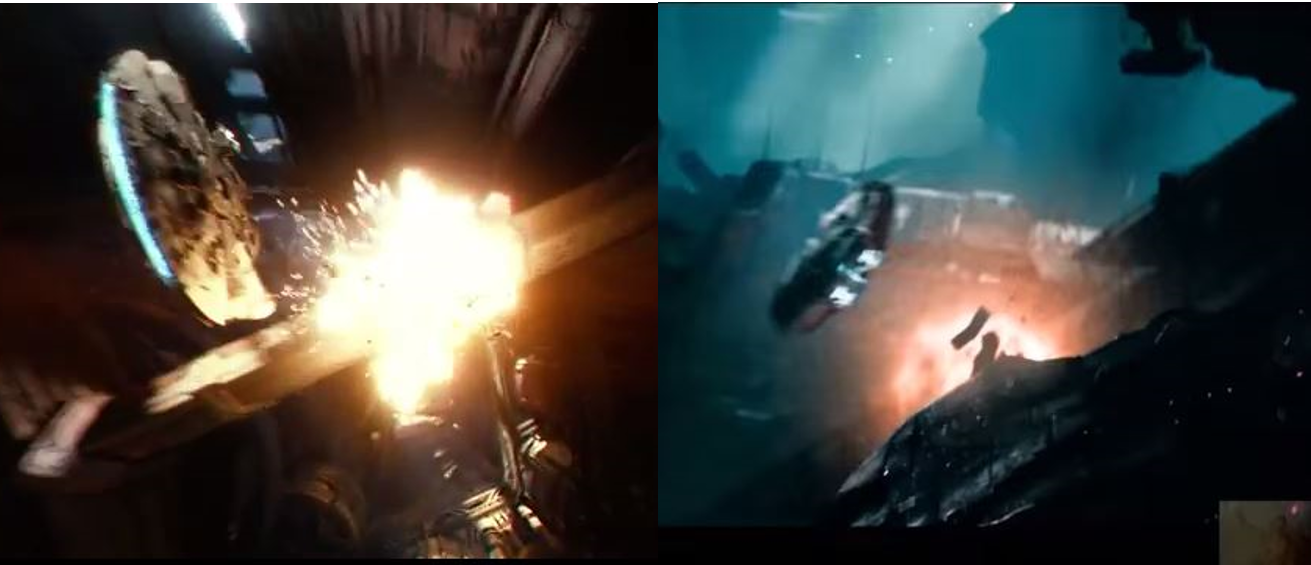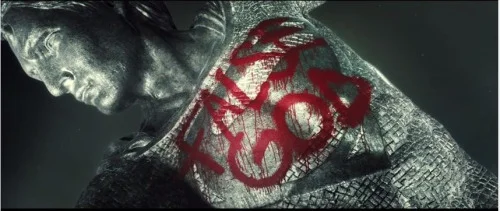As Covid-19 has transformed everything, so to has it transformed visiting the emergency vet - except, this, perhaps, for the better. For rabbit parents, the critter ER usually means hours spent in cool, sterile rooms, waiting for the only doctor in the vicinity who knows anything about rabbits to work through their backlog of emergencies until they get to you. Now, thanks to Covid, all you have to do is hand over your bun at the front door, then wait for a prognosis in your car in air-conditioned, chair-reclined comfort, or perhaps during a jaunty stroll around the clinic.
I learned this weeks ago, while taking our dwarf rabbit, Willy, to the exotic vet emergency room in Bothell. Earlier in the day, I walked in to check on him and his bonded bun mate, Holly, only to find Willy laying down awkwardly on his side, little grey legs propped on his food dish. When I approached, his typically spry hop to his feet failed him; instead his legs flailed on the ground. Our normal vet couldn’t see him until Friday, so I quickly packed him in the carrier and raced up to Bothell, the only other emergency clinic for rabbits in the area.
In five years of joint rabbit ownership, I’ve learned they’re more sophisticated than other exotics, but far more subtle than a dog or a cat. They communicate, um, sparingly, and what they do say is hard to pick-up on without focused attention. A head tilt or even just being huddled in a loaf in a different part of the cage could be a warning sign, but it could also be nothing.
Keeping Willy healthy was a top priority, if not only for his own sake, then for Holly’s. Rabbits don’t have to have a partner, but they do love it. She’d already outlived two “husbuns” in the last five years, and we had no desire to see her a widow for a third time. Plus, we’re as sure as we could be that if she had to pick a favorite mate, it’d be Willy. With a grumpy disposition and general indifference toward humans, he didn’t do a ton for us, but he made a perfect foil for Holly - she energetic, bouncy, vivacious; he solid, sturdy, grouchy. The first time they laid together in a scattered pile of hay, I swear you could’ve popped a tiny cigarette in her mouth, so much did she have the air of a satisfied lover.
Upon arrival and mask on, I handed Willy over at the front door of the clinic, then went back to wait in the car. I thought about Holly’s previous lover, Gus, who got us used to a consistent routine with the bunny vet - long wait, nurse assistant dicussion, long wait, doctor’s exam, long wait, more exams, pay up and head home. Gus had a raft of health issues; kidney problems, infections, constantly peeing on himself and stinking up the living room. We learned a lot with Gus and went to extremes to keep him healthy. At one point near his end, we were injecting him daily with subcutaneous fluids, in addition to a full course of antibiotics and force feeding him “Critical Care” rabbit nutrition. No matter what was wrong with Willy, I knew he wasn’t nearly as miserable as Gus had been.
The doc called about an hour after handing Willy over; their best guess was that he had fractured his arm and they recommended radiology to be sure, which also required anesthesia. Now, if you’re thinking that assembling a team of emergency animal docs to gas a two pound rabbit, put him under, and take x-rays seems insane, let me assure you you’re not alone. Still, taking care of Holly’s man came first. I gave a very expensive go-ahead and the doc told me to grab dinner; they’d call me when they finished.
I drove aimlessly around Bothell while the sun fell through the pine trees. Signs of life intermingled with signs of the pandemic; boarded up windows next to newly re-opened restaurants and some nearly full patios. A long line of people waited at a fast food window six feet apart, few of them wearing masks; a dissonance of the times.
Ravenous after hours of driving, waiting, I landed at Taco Time. After paying at the window, I noticed that the only employee not wearing a mask was putting the tacos together on the line. She caught me staring and I contemplated shouting at her, refusing my food and demanding a refund. But, my will power, it turns out, was no less confused than the line I’d just driven past, and I devoured everything in the bag.
On the road again, aimless and impatient, I wanted to hear from the doc and learn how to implement whatever crazy solution they proposed to keep our little rabbit’s limb in one piece, and get home. As I turned around to head back to the clinic, the bluetooth display finally lit up - it was the doc, and she had a question.
“Is this a good time?”
The real point there, of course, is not to actually know if the timing was convenient - she had to tell me what she had to tell me. But I appreciated the opportunity to brace myself for what came next thanks to the heavier tone of her voice, a slightly slower pace to her words.
Willy wouldn’t be coming home after all. His limb wasn’t just fractured. The scans revealed bone cancer which had spread to his lungs. The vet offered to send him home with pain meds to make him comfortable, but that just gave me flashbacks to Gus. In his final days, we threw every medication we could at Gus to keep alive against all hope. All it did was turn what could have been a natural end into an excrutiating, protracted decline. By we finally took him to the vet for euthanasia, I’d watched him at work on our bunny cam (yes, we have a bunny cam) twitching so violently in his cage. I had no desire to see Willy suffer the same way.
The clinic, it turns out, has an exception to their Covid-19 entrance policy. They let you in to say goodbye. A rabbit doesn’t communicate with people like a dog or a cat, and, like I said, Willy didn’t seem to care about us all that much. Surprising, then, that I could feel tears welling while the vet assistant led me around the building to the back exam room with Willy. Somehow, much like the two buns before him, and after doing effectively nothing except eating and loving Holly, Willy had nonetheless become family.
Someday, someone could make a fortune by coming up with a better payment system for euthanasia. Asking for payment before they lethally inject your pet will never not be cruel, no matter how well trained the clinic staff is to ask with compassion. Money forked over, papers signed, I pet Willy in silence. He seemed perky still; another dissonance, knowing now that he was in pain, and likely had been for some time.
The vet offered to let me be there when they gave him the injections; one to put him to sleep, and one to “put him to sleep.” I mulled it quietly while I stroked his fur. In truth, I wanted to be there. If he was afraid, I didn’t want him to be alone. But, he’s also a rabbit, and that level of awareness was likely giving him too much credit. Moreover, I felt increasingly assured that, Willy’s limited emotive qualities aside, I would easily collapse if present with him in “the moment” and that level of vulnerability amongst strangers felt intolerable.
Intead, I committed another Covid sin, lowered my face mask in front of the nurse, and kissed him on the forehead. The nurse took him out in one state and brought him back fifteen minutes later in another, restless nose finally still.
Rabbits need to grieve for their mates, or so many say. Without the chance to see a mate’s body, the living mate may wonder endlessly where their partner went, get depressed, stop eating, and die. To help them through the process, it’s recommended you give the living mate closure by placing the deceased rabbit’s body in their cage, and give them time to realize they’re not coming back. It’s a grim ritual we’ve performed three times now. Once Holly has had a few hours to sniff around, she stands upright a few inches away from her mate’s body. It’s her sign. She’s had her chance to grieve, and lets us know she’s ready to move on.
We buried Willy in the back yard, like parents always do for kids as they learn the agony and ecstacy of small pet ownership (rabbits, btw - not great for kids), except he was ours. We cried a lot more and I felt a little ridiculous. Willy was a two pound fluff ball who lived only to please his bunny lover. So perhaps there’s a tiny reflection of some transitive quality of love at play; him to her, us to him. And in this time of prolonged physical isolation, we are also, more than ever, all we have. Those two pounds held a lot of weight.

























